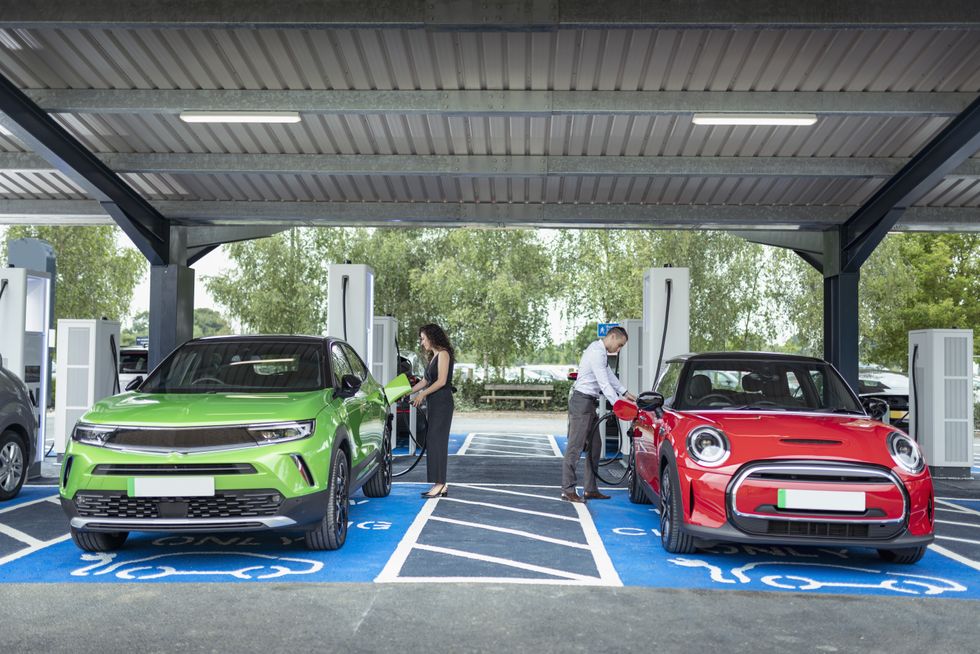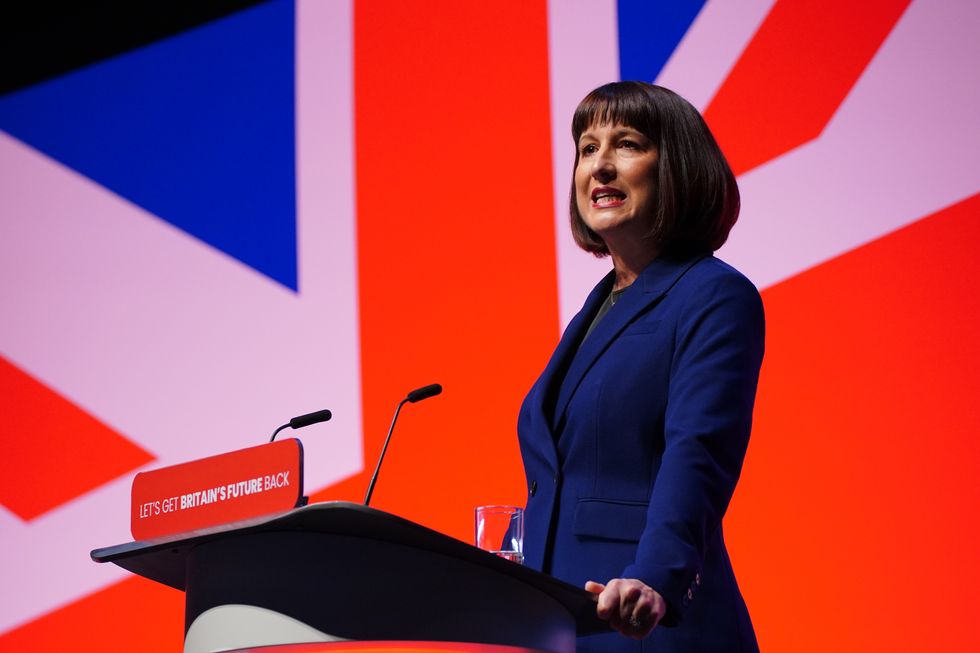Felix Reeves
Guest Reporter

Experts are calling on the Government to introduce major car tax changes in the upcoming autumn Statement to help recover public funding and address the future of motoring.
Ahead of the upcoming Budget on October 30, the Campaign for Better Transport has suggested a number of key measures that could help the Government claw back finances to ease the burden of the £22billion black hole.
It calls on Chancellor Rachel Reeves to introduce a pay-per-mile car tax on electric vehicles in lieu of fuel duty.
This comes ahead of new car tax changes launching in April 2025 which will see zero emission cars pay Vehicle Excise Duty (VED) for the first time in a bid to make motoring taxation "fairer".
Do you have a story you'd like to share? Get in touch by emailing [email protected]

The Campaign for Better Transport acknowledged this but notes that there is currently no equivalent to fuel duty for owners of zero emission vehicles, causing a further headache for the Government.
This will be especially pertinent in the coming years as Labour plans to reinstate the original 2030 deadline to ban the sale of new petrol and diesel vehicles, which will also coincide with a boom in electric car sales.
As a result of this, the CBT has told the Treasury to introduce a "simple pay-per-mile tax" on zero emission vehicles, while allowing a "sufficient transition period for drivers and businesses to prepare".
Data from the advocacy group states that a 2p per kilometre charge - which would be based on distance only - could raise £815million in the first year, while revenue will grow as more drivers switch to EVs.
A pre-Budget report from the organisation states: "Introducing distance-based taxation for ZEVs would ensure that the transition to cleaner vehicles does not undermine public finances".
The Labour manifesto pledged to support electric vehicles with more charging points, the restoration of the 2030 deadline to ban new petrol and diesel cars, as well as supporting the purchase of used EVs.
Speaking previously to GB News, an HM Treasury spokesperson clarified: "We have no plans to introduce road pricing.
"We are committed to supporting our automotive sector as we transition to electric vehicles in order to meet our legally binding climate targets."
It also calls on the Government to end the five pence per litre cut on fuel duty and instead reinstate the annual inflation-linked rise.
All planned increases to fuel duty in line with inflation have been cancelled since 2011, while Rishi Sunak introduced the 5p per litre cut in 2022 when he was Chancellor.
The CBT has estimated that the 13-year freeze has cost the Treasury £133billion between 2011/12 and 2024/25, with a further £7.3billion from the 5p cut.
While the fuel duty cut will naturally expire in March next year, experts have called on the Government to ditch the 5p freeze commitment since many motorists have not benefitted from the scheme as major retailers and supermarkets fail to pass on savings to drivers.
LATEST DEVELOPMENTS:
- New parking law changes could see drivers of heavier and larger petrol and diesel cars charged more
- Tesla faces investigation over fears Full Self-Driving technology in 2.4 million EVs could cause accidents
- Petrol and diesel drivers to pay '£175 extra per year' as Labour prepares to hike fuel duty 'by 7p'

The report states that the Treasury should end the 5p cut to recoup £2.6billion a year and reinstate the annual inflation-linked rise in fuel duty to raise £1.6billion per year.
An HM Treasury spokesperson has previously told GB News: "Following the spending audit, the Chancellor has been clear that difficult decisions lie ahead on spending, welfare and tax to fix the foundations of our economy and address the £22billion hole in the public finances left by the last Government.
"Decisions on how to do that will be taken at the Budget in the round."
Find Out More...